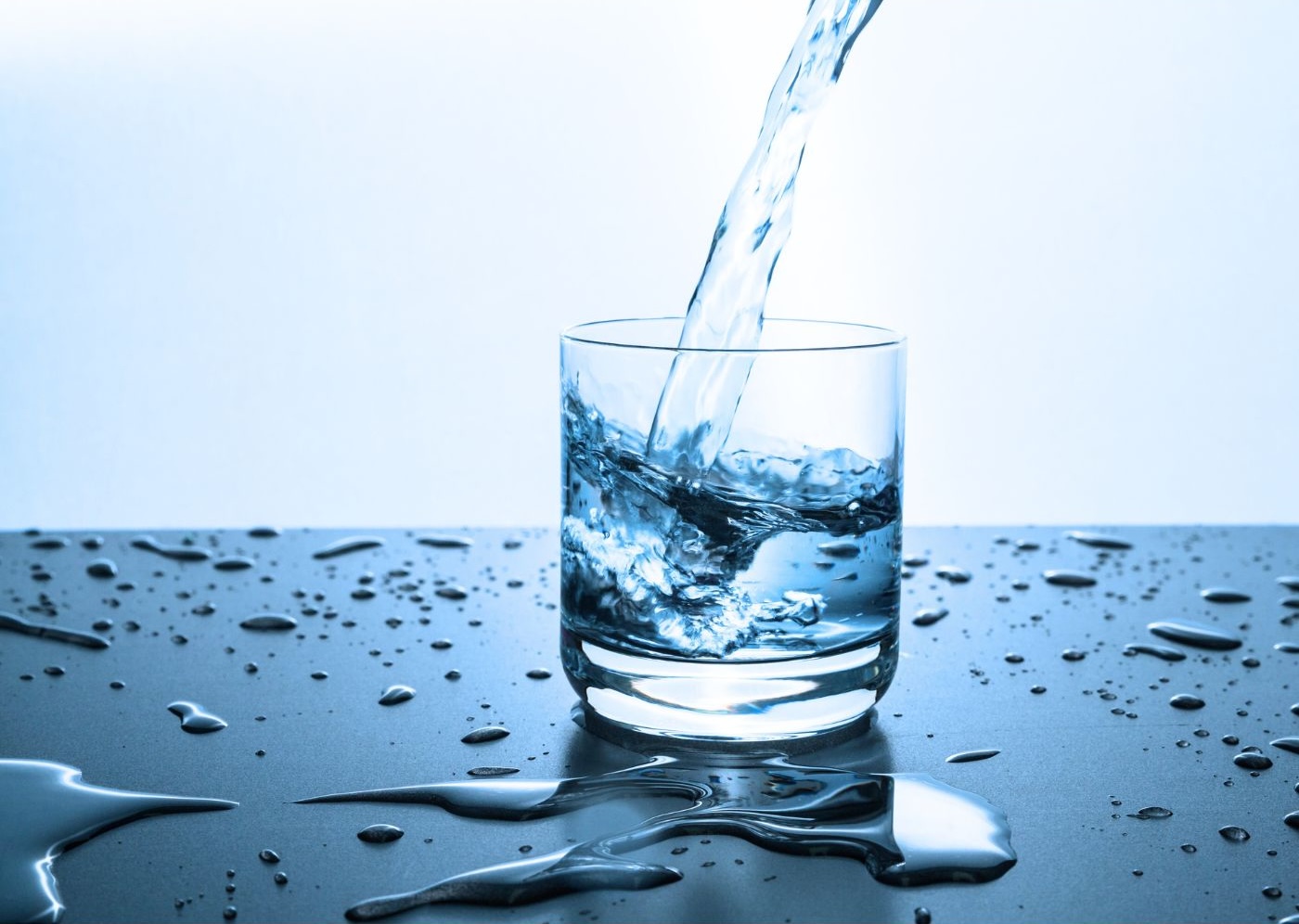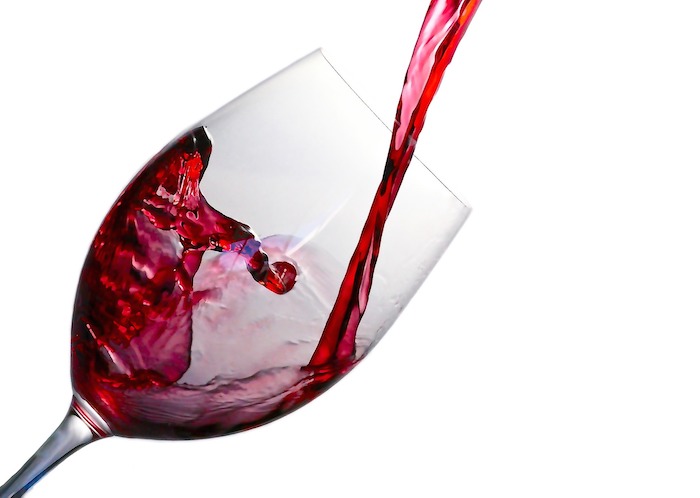Can Dry January Improve Bladder and Bowel Symptoms?
Originally published on: January 30th, 2024. Last modified on February 12th, 2024
In January, many of us resolve to improve our lives in one way or another. Whether you’re focussed on exercise, improving your diet or simply getting out and socialising more, it’s a great time to set a new goal and have something to aim for. Perhaps not surprisingly one of the most popular resolutions is to get more exercise1, but reducing alcohol consumption is also something many people choose as a new year’s resolution.
New year’s resolutions have been customary for around 4,000 years. It is thought to be a tradition started by the Ancient Babylonians who offered promises in return for good favour from the Gods. These days, the habit is mostly secular but the idea of working towards something better still stands. This year, around 16% of people in Britain will make a resolution – and based on last year’s statistics, around 30% will keep them.
A great new year’s resolution is simply to drink more water and less alcohol. The positive effects on your bladder and bowel health can be surprising.
It’s advised to always speak to your GP or healthcare professional before making any drastic changes to your diet or exercise routine, so if you’re in any doubt do get some help. In the meantime, the following information may help you understand what impact alcohol can all have on your bladder, and on your bowel.

What is Dry January®?
One of the ways that we can make a positive difference to our health is by reducing alcohol consumption. If you’re looking for motivation, you may wish to take part in an event to stay focussed, such as Dry January®. Set up by Alcohol Change UK in 2018, the initiative has been central to opening up conversations around the effects – and dangers – of alcohol use. Talking more about our routines can help us to make more intentional and conscious decisions, which can positively influence others. By giving up alcohol for a month, you can reverse some of the negative effects on your body, save money, and open up your mind to life without the habitual ‘pint’ after work or at the weekend.
Before you decide to make drastic changes to your daily routine, it’s good to understand how your body reacts to alcohol.
Important! If you’re clinically dependent on alcohol please seek specialist help before giving up alcohol, as you can go into withdrawal which can be very dangerous. Find out more at alcoholchange.org.

Is Dry January good for your bladder and bowel?
Did you know that alcohol can have an effect on your bladder, as well as your bowel? By reducing or eliminating alcohol intake, you can actually help to reduce certain bladder and bowel symptoms, which we’ll go into further. You can also improve your energy levels and general wellbeing through improved sleep2.
By giving up alcohol, you could benefit in four ways:
- Improve general health
- Lose weight
- Regain energy levels
- Save money
More specifically, reducing alcohol intake can directly benefit your digestive and urinary systems. Because the bowel in particular is so closely connected with our mental wellbeing, this can have wider impacts through improved mood and energy levels.
In order to understand this in more detail, we’ve broken down the effects that alcohol has on the bladder and the bowel individually.

Alcohol and the Bladder
Alcohol does not cause incontinence, however if you live with a bladder condition such as stress urinary incontinence, urgency or overactive bladder, then you may find that alcohol will make your symptoms worse. So how does alcohol affect your bladder?
- Alcohol acts as a diuretic meaning that it will increase your urine production and the frequency in which you need to pass urine.
- This excess urine production can lead to dehydration and more concentrated urine.
- Concentrated urine that sits in the bladder can cause irritation and inflammation in the bladder lining.
- You are more likely to develop a urinary tract infection if your urine is concentrated.
- Alcoholic beverages generally contain a lot of sugar, which can also cause irritation in the bladder and can contribute to weight gain4.
- Excessive alcohol consumption can cause you to feel hungry and crave foods high in salt or fat.
- Alcohol can increase frequency and urgency symptoms if you have an overactive or sensitive bladder.
- Your kidneys filter out harmful substances from the bloodstream. Excessive alcohol consumption can cause damage to kidneys, due to the extra pressure it puts on their function.
Alcohol and the Bowel
When you drink alcohol, 20% is absorbed into your bloodstream through the stomach and the rest through the small intestine5, but the rate depends on your consumption, age, weight and other health conditions. The effects of alcohol on the bowel can include the following:
- Alcohol can cause both constipation through dehydration, and diarrhoea due to irritation and inflammation in the gut.
- Alcohol leads to dehydration, which can affect peristalsis (contractions in the bowel) and slow down bowel motility.
- Irritation in the stomach due to alcohol mixing with gastric juices can cause stomach ulcers.
- Excessive alcohol consumption can lead to malnutrition due to your appetite being suppressed.
- If you already suffer from a condition such as irritable bowel syndrome, alcohol can increase urgency and frequency symptoms.
If you suffer from a bladder or bowel condition, reducing or cutting out alcohol completely can help to reduce irritation or inflammation in the bladder or bowel that could exacerbate any urgency or frequency symptoms. You will also likely be reducing your sugar intake, which is another major inflammatory factor in the bladder and bowel.
General Benefits of Reducing Alcohol Consumption
A further benefit from cutting down on, or eliminating alcohol is that you can improve your Mental Health3. As alcohol is a depressant it can affect the chemicals in your brain that help regulate mental health, resulting in feelings of depression or anxiety over time. By reducing intake you can noticeably improve your mood and ability to cope with stressful situations.
You may also benefit from brighter skin, and better energy levels. Reducing alcohol can actually improve sleep, which in turn has a positive effect on so many other aspects of our health and wellbeing.
According to Alcohol Change UK:
After 3 days of eliminating alcohol, your body will have likely replaced the glycogen and minerals lost due to your body processing alcohol. You may still struggle to sleep, but this will pass as your body returns to its usual state.
After a week, you’ll likely have more energy and better concentration levels, due to better quality sleep and fewer periods of waking during the night6.
Moderation is key
As with any dietary change, it is down to choice and the key is moderation. If you are experiencing any frequency or urgency symptoms, it is worth reducing your alcohol intake to see if this helps your symptoms in any way.
If you don’t want to go completely dry during January, or at any other time during the year, try to limit your alcohol intake to the recommended amount and have at least 3 days each week where you don’t drink any alcohol at all.
To minimise health risks associated with drinking alcohol, the UK Chief Medical Officers guide us not to consume more than 14 units per week on a regular basis. As well as the health benefits, you will definitely save some money too!
Further advice is available should you need more support with overactive bladder treatments.
